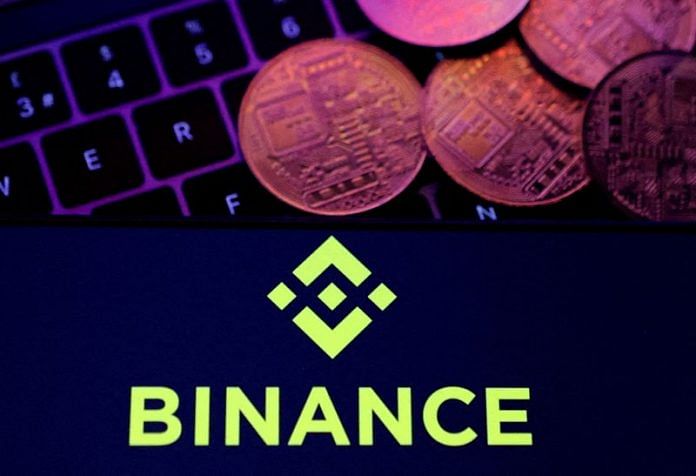By Dietrich Knauth
(Reuters) – Binance’s $1 billion acquisition of bankrupt crypto lender Voyager Digital could be delayed or blocked by a U.S. national security review, according to a Friday bankruptcy court filing.
The crypto exchange’s U.S.-based affiliate Binance.US intends to buy Voyager’s crypto lending platform with a bid that includes $20 million in cash and crypto assets that will be used to repay Voyager’s customers.
But the U.S. Committee on Foreign Investment in the United States (CFIUS), an interagency body that vets foreign investments into U.S. companies for national security risks, said Friday that its review “could affect the ability of the parties to complete the transactions, the timing of completion, or relevant terms.”
Attorneys for Voyager and Binance.US did not immediately respond to requests for comment Friday.
CFIUS has increasingly been used by Washington as a tool to stymie Chinese investment in the United States.
Binance, is owned by Chinese-born and Singapore-based Changpeng Zhao and has no permanent headquarters. The company has been the subject of a money laundering probe by U.S. prosecutors. Binance.US, based in Palo Alto, California, has said that its separate American exchange is “fully independent” of the main Binance platform.
CFIUS did not mention any specific security concerns raised by the Voyager acquisition in its court filing, but it said that bankruptcy courts have sometimes ruled that national security concerns can prevent a company from bidding on assets in bankruptcy.
Voyager filed for bankruptcy in July, months after the crash of major crypto tokens TerraUSD and Luna sent shockwaves across the digital asset industry.
Voyager initially planned to sell its assets to FTX Trading, but that deal imploded when FTX went bankrupt in November amid a frenzy of customer withdrawals and fraud allegations that led to the arrest of founder Sam Bankman-Fried.
(Reporting by Dietrich Knauth)
Disclaimer: This report is auto generated from the Reuters news service. ThePrint holds no responsibilty for its content.



